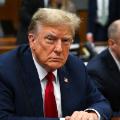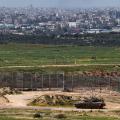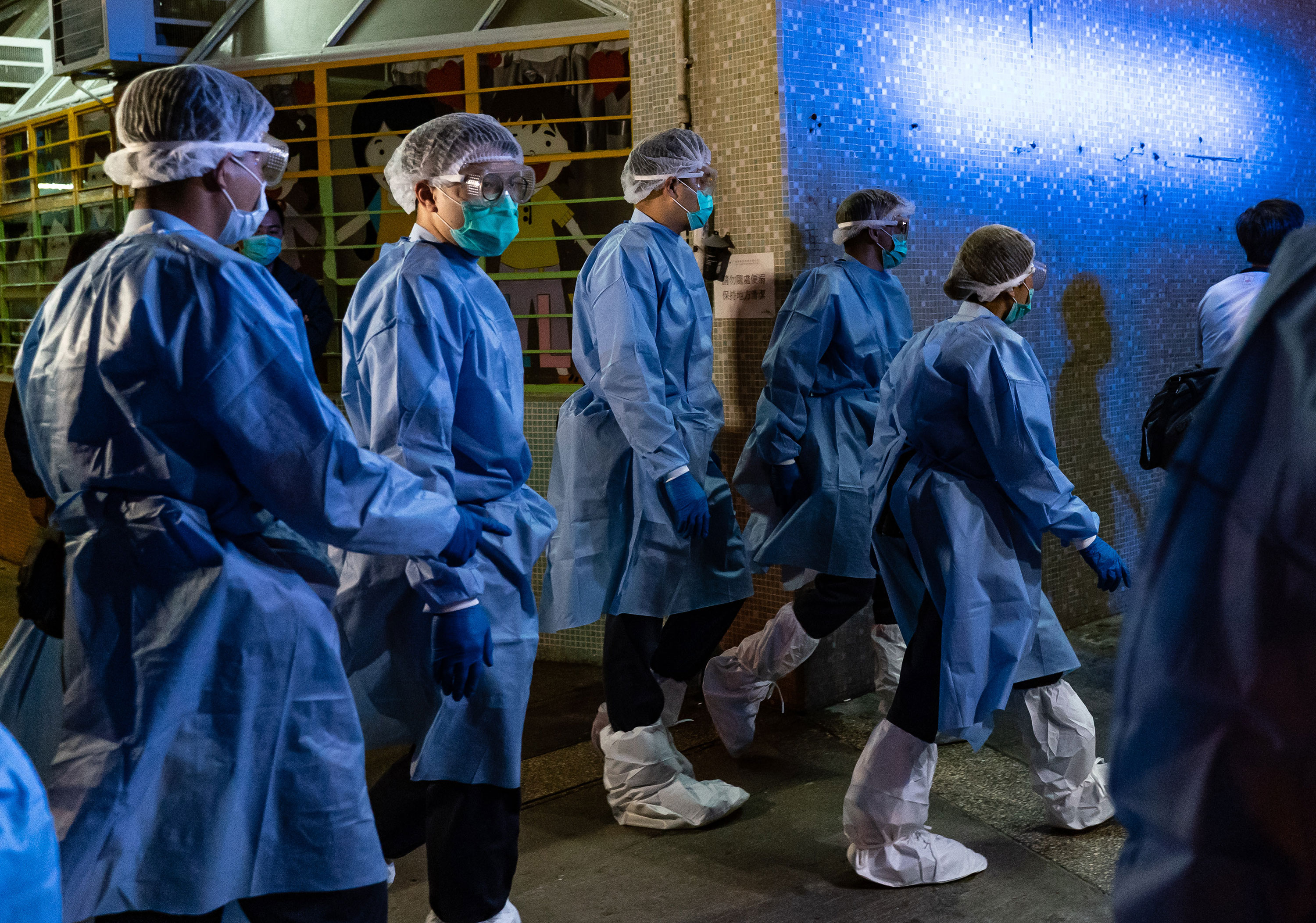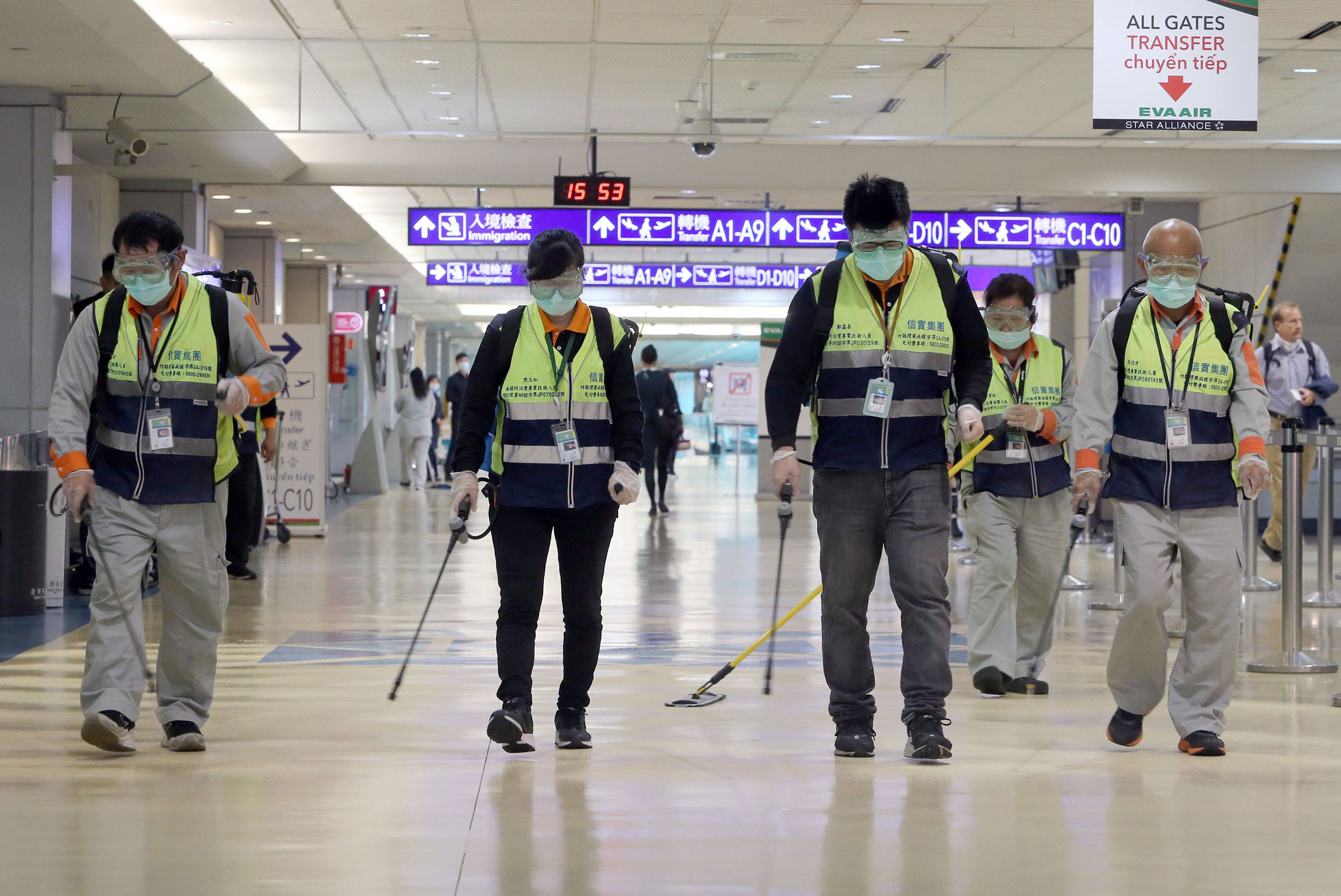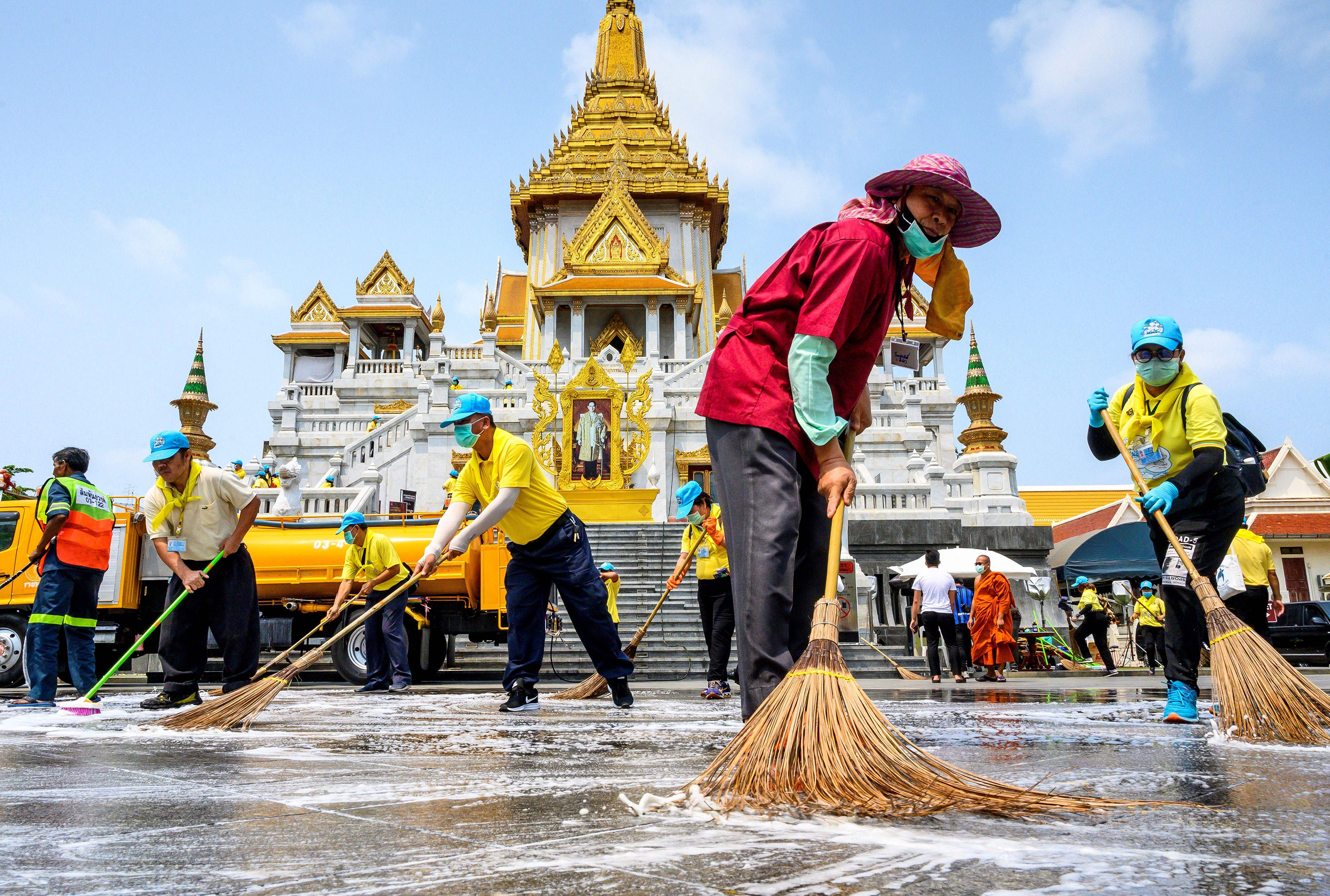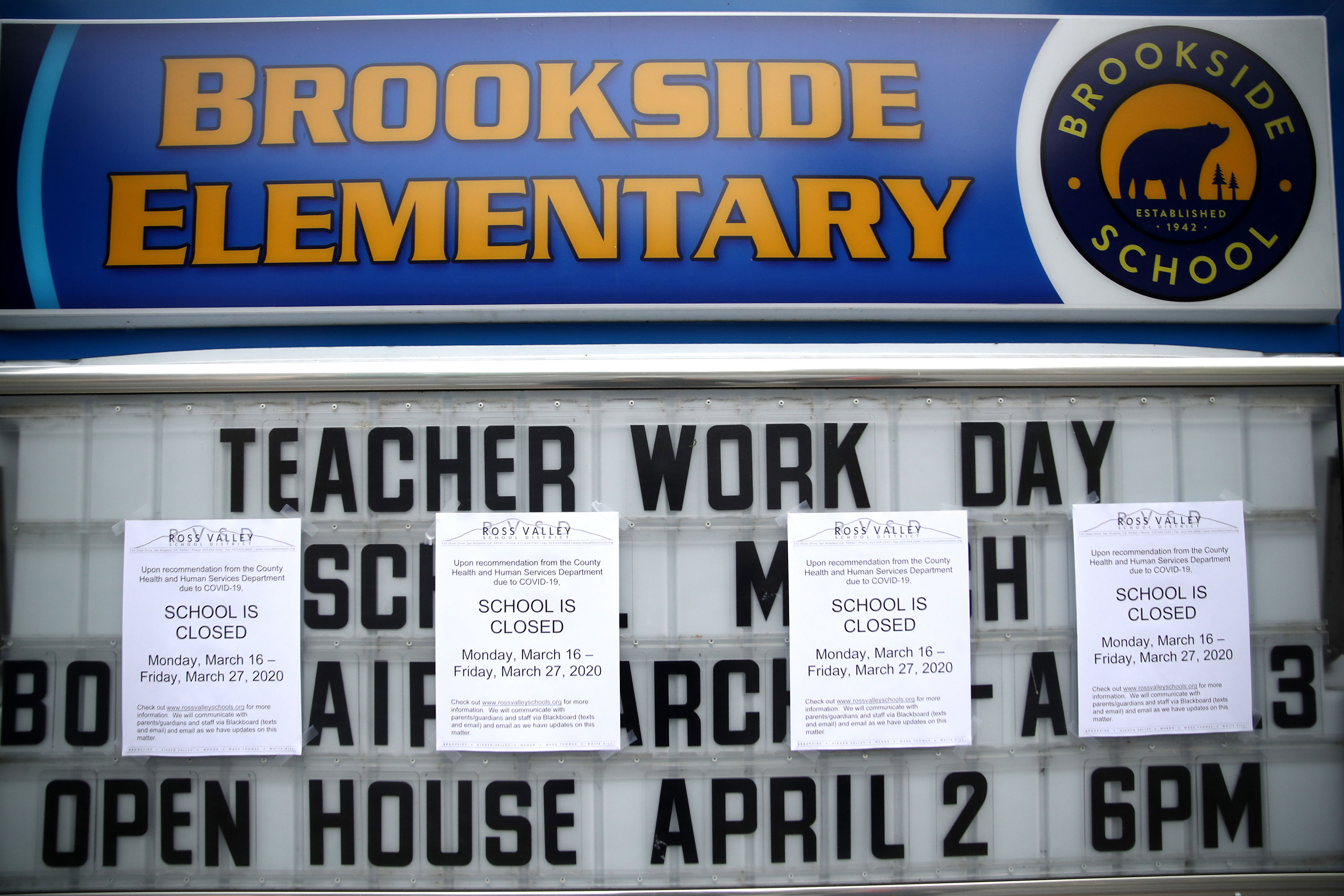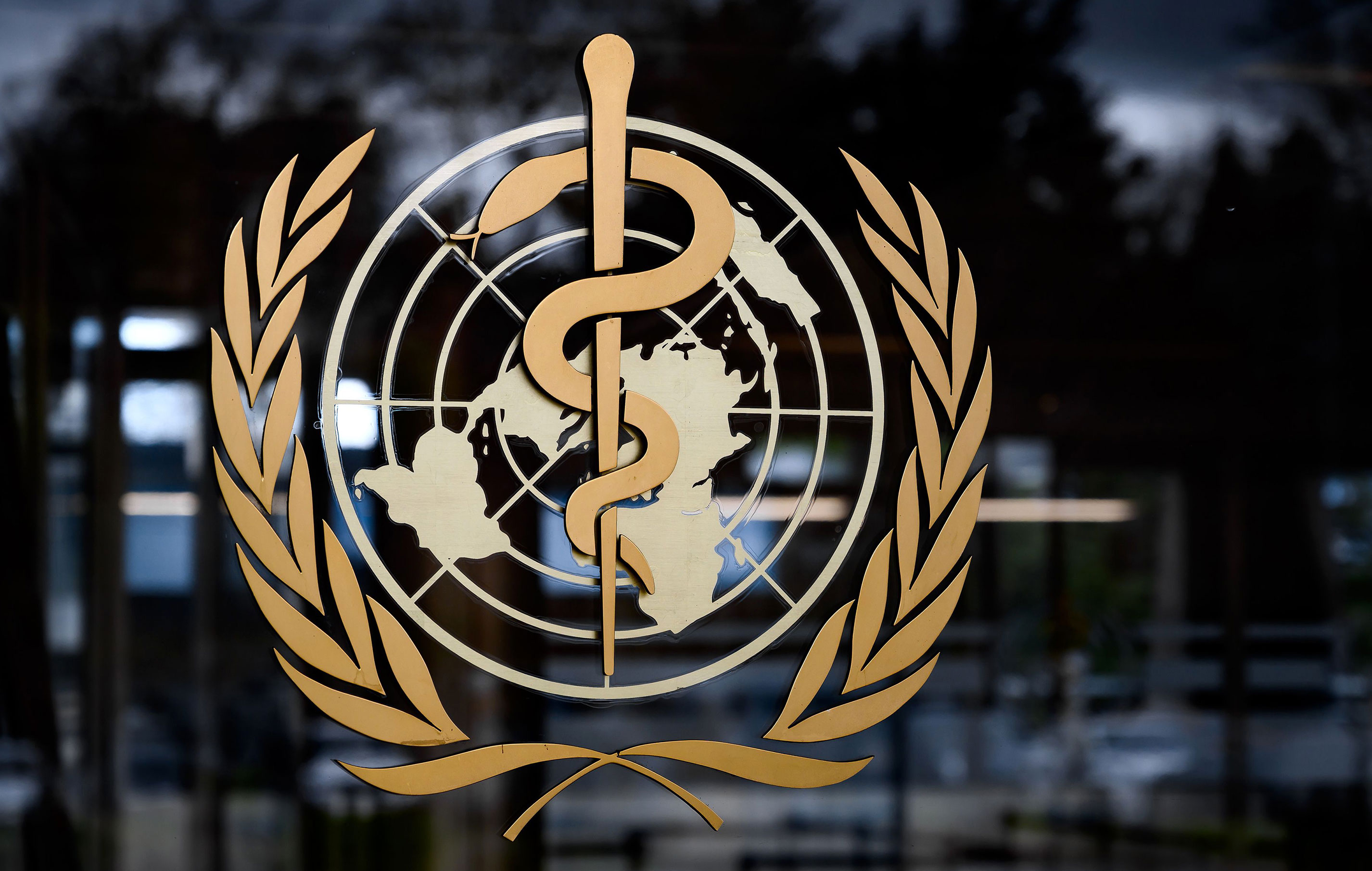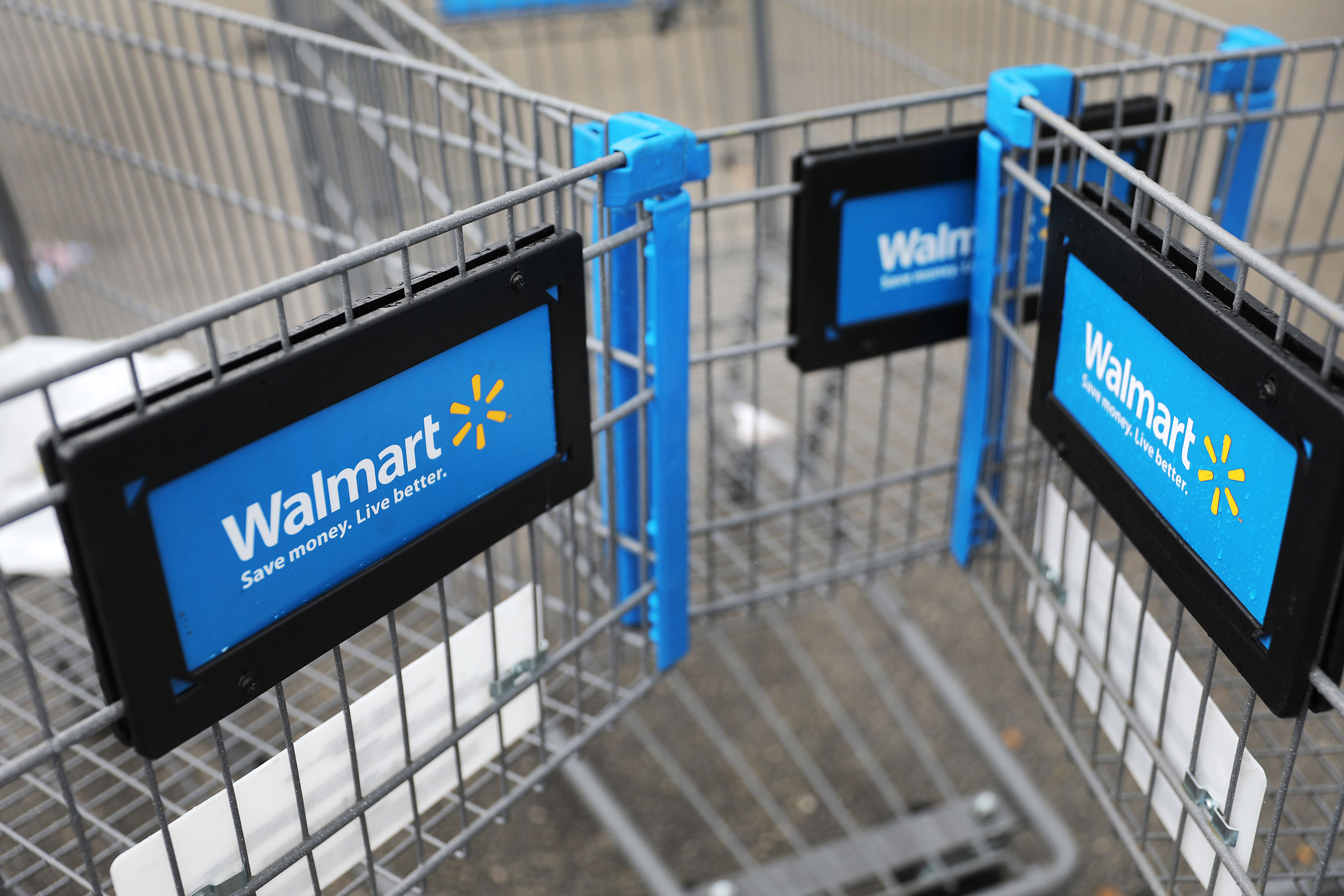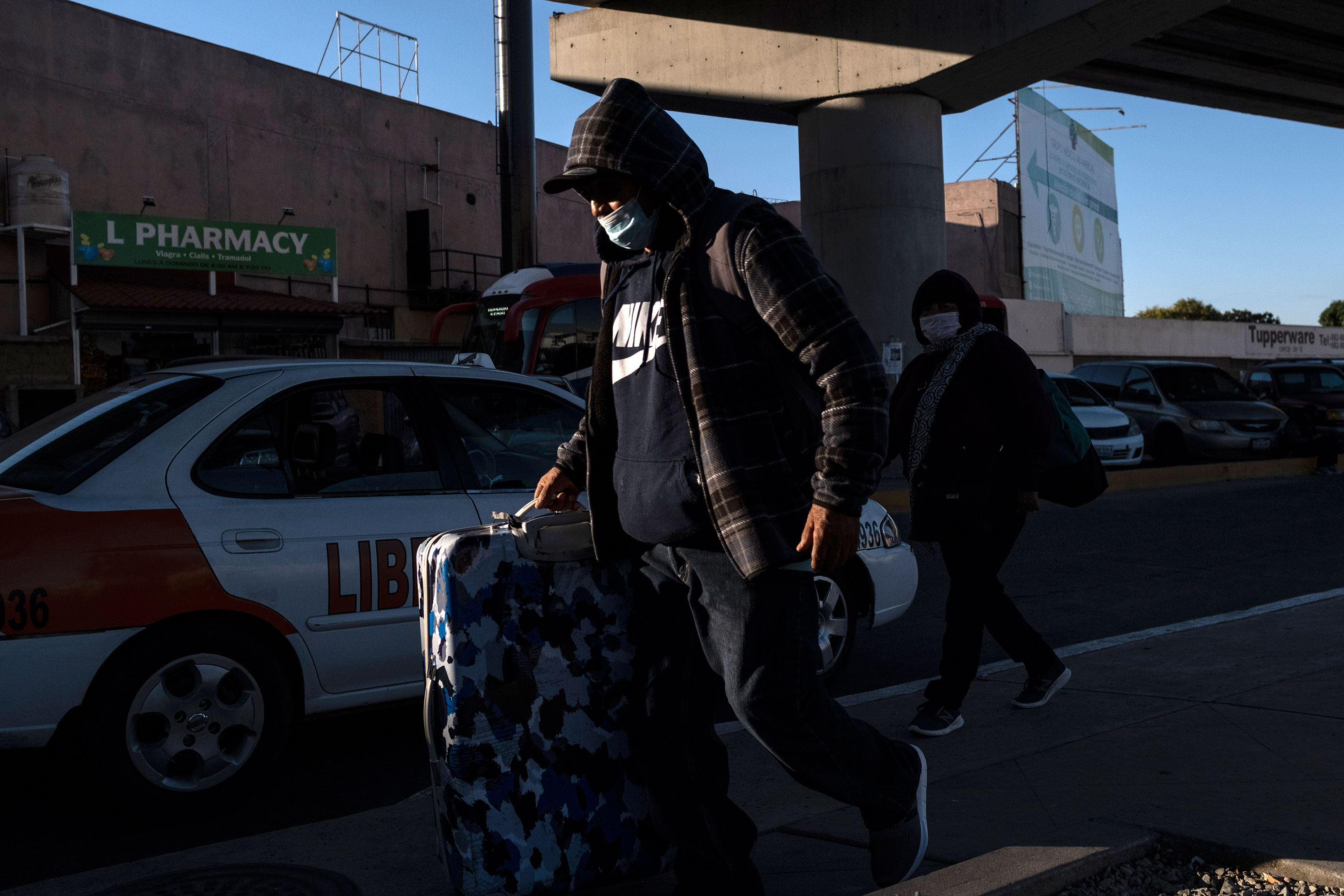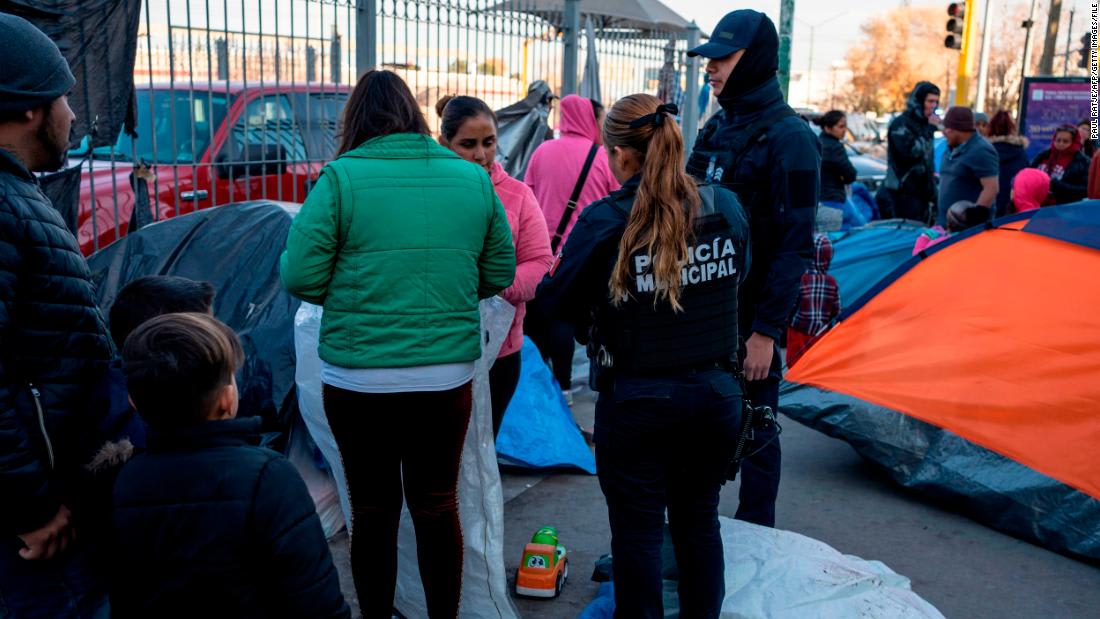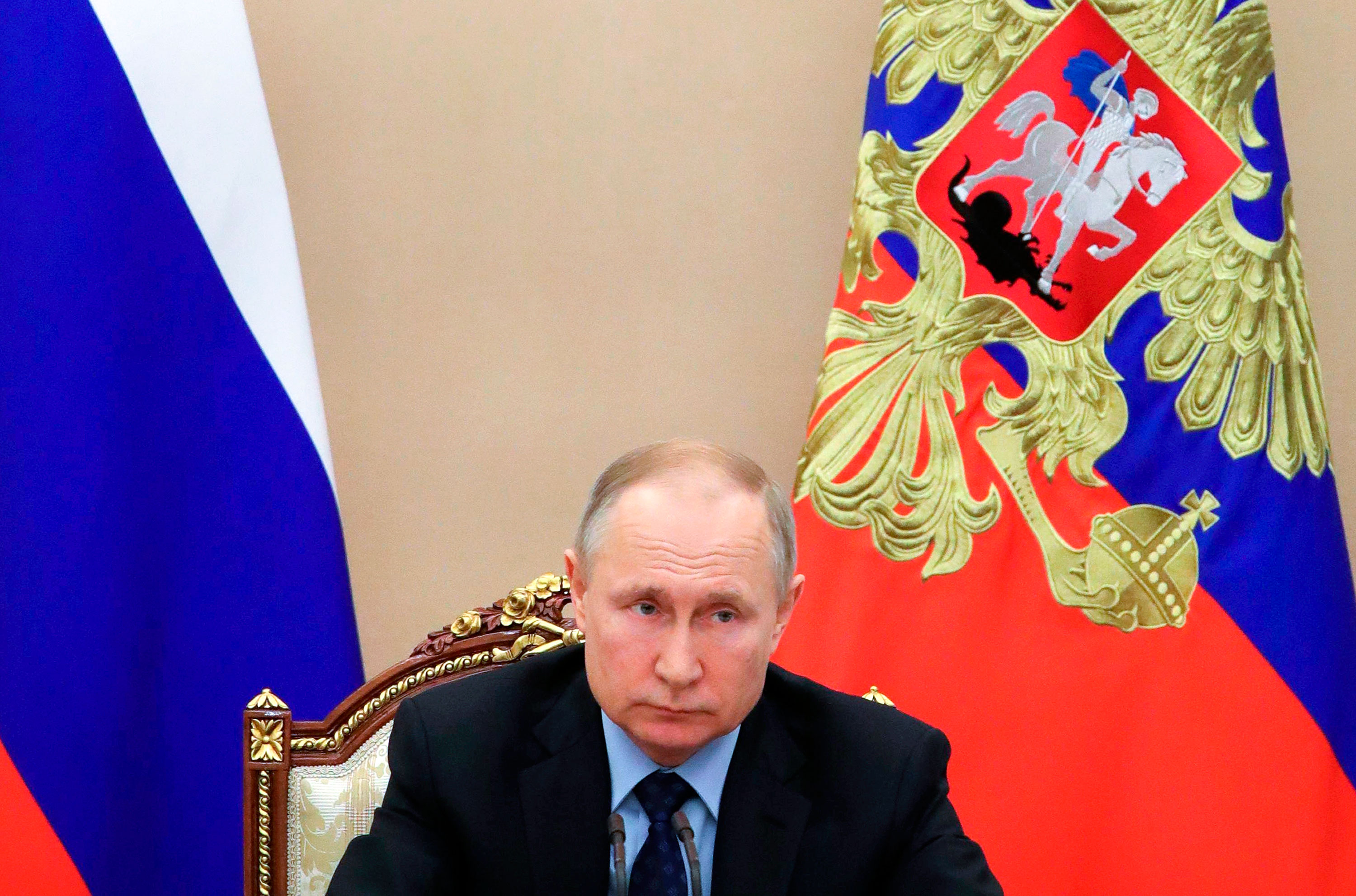
Members of Russian President Vladimir Putin's administration are being tested for coronavirus as a precautionary measure, Putin's spokesman Dmitry Pesksov told state media today.
Peskov added that journalists planning to cover Putin’s trip to Crimea today are also being tested for coronavirus, and said journalists who had recently traveled outside Russia should avoid applying for accreditation for future events involving Putin.
The Kremlin has been checking the temperatures of all journalists covering President Putin’s events for about a week now, Russian state media RIA added.
Russia has 114 confirmed cases, according to Johns Hopkins University.
Just yesterday, Putin said the Russian government had managed to bring the spread of coronavirus “under control,” even as cases in the country continued to rise.
Russia has closed its borders with China, restricted flights to and from the European Union, and will be partially and selectively closing its borders to foreign arrivals on Wednesday.
